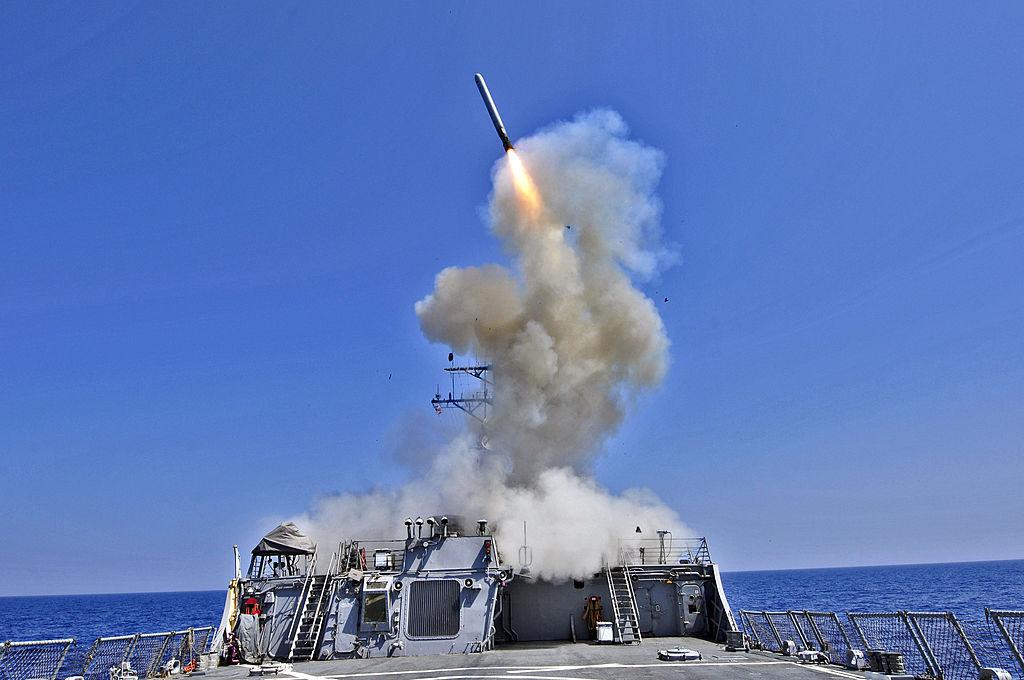The Pentagon has approved the sale of 220 Tomahawk cruise missiles to Australia under the tri-nation AUKUS security pact.
The $1.3 billion (US$895 million) deal follows the confirmation that Australia will be acquiring up to five nuclear-powered attack submarines over the next decade under the security alliance that will cost Australia up to $368 billion (US$245 billion).





